Netherlands withdraws oversight amid easing chip tensions
November 20, 2025 /SemiMedia/ — The Dutch government has suspended its special oversight of chipmaker Nexperia, restoring full decision-making authority to its Chinese parent company Wingtech Technology. The step marks a notable easing of tensions that recently disrupted semiconductor flows to Europe’s automotive sector.
Economy Minister Vincent Karremans said the order issued under the Goods Availability Act had been withdrawn after recent progress in talks with Beijing.
“In light of recent developments, I consider it the right moment to take a constructive step by suspending my order under the Goods Availability Act regarding Nexperia, in close consultation with our European and international partners,” he said. “In the past few days we have had constructive meetings with the Chinese authorities. We are positive about the measures already taken by the Chinese authorities to ensure the supply of chips to Europe and the rest of the world. We see this as a show of goodwill. We will continue to engage in constructive dialogue with the Chinese authorities in the period ahead.”
How the dispute hit automotive semiconductor supply
The dispute began in late September when the Netherlands cited governance and technology-transfer concerns and moved to restrict Nexperia’s autonomy. China responded by imposing export controls on Nexperia’s Guangdong assembly plant, which relies on European-made wafers. The restrictions triggered supply bottlenecks at Honda, Volkswagen and other carmakers, underscoring the industry’s reliance on stable access to mid-range semiconductor components.
Breakthrough in talks sets stage for long-term arrangement
Breakthroughs in negotiations over the past week — involving Germany, the EU and the United States — led Beijing to ease the export curbs. Nexperia’s Guangdong facility is among the largest of its kind globally, making its restored output essential for stabilising automotive chip inventories.
A Dutch delegation travelled to Beijing this week to continue discussions on a “mutually acceptable” arrangement aimed at reducing supply-chain risk for European manufacturers.






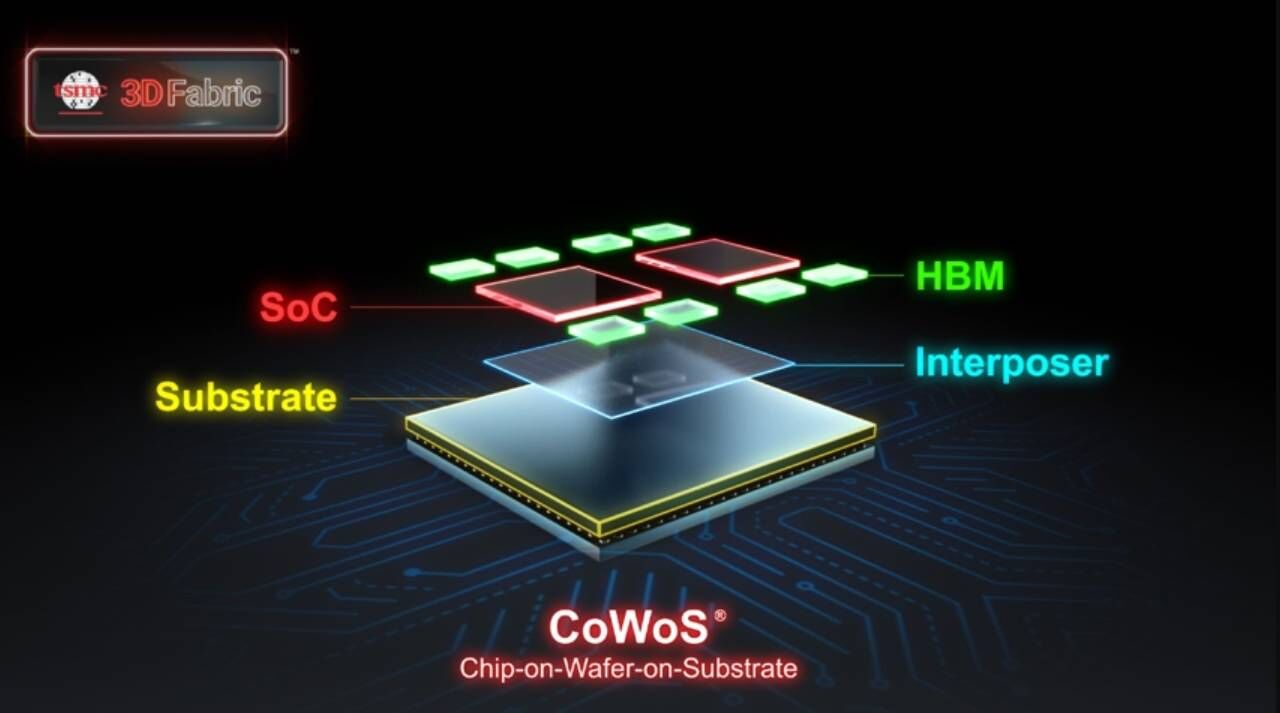
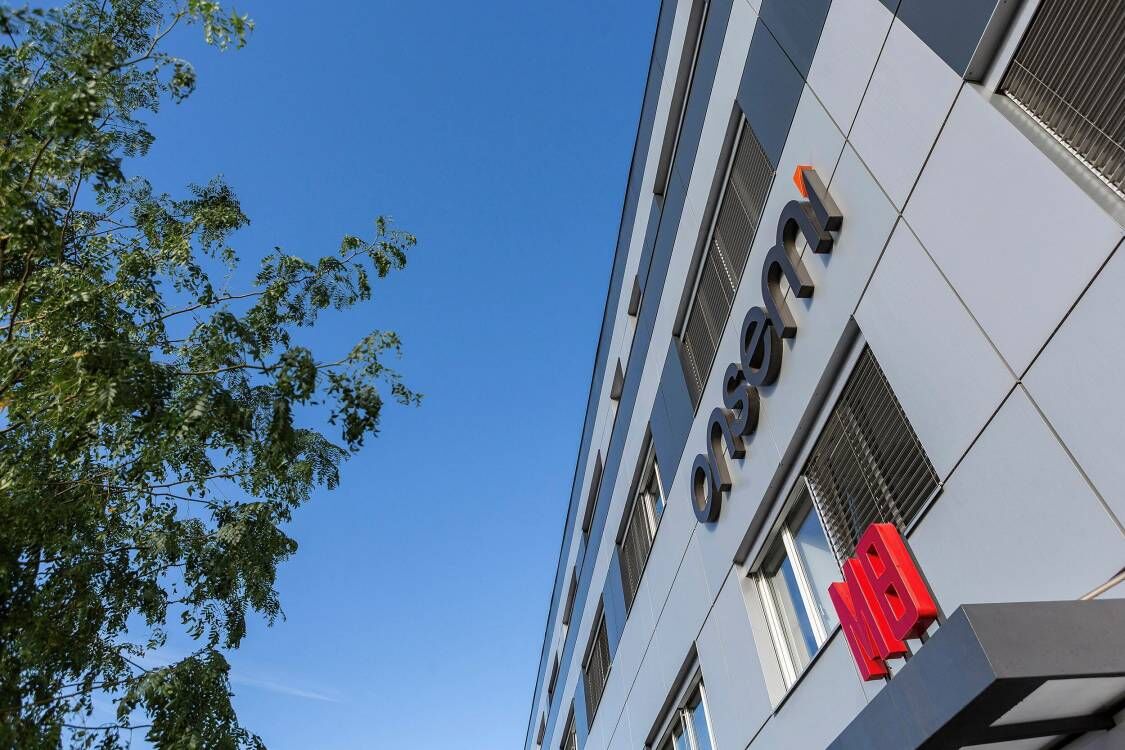
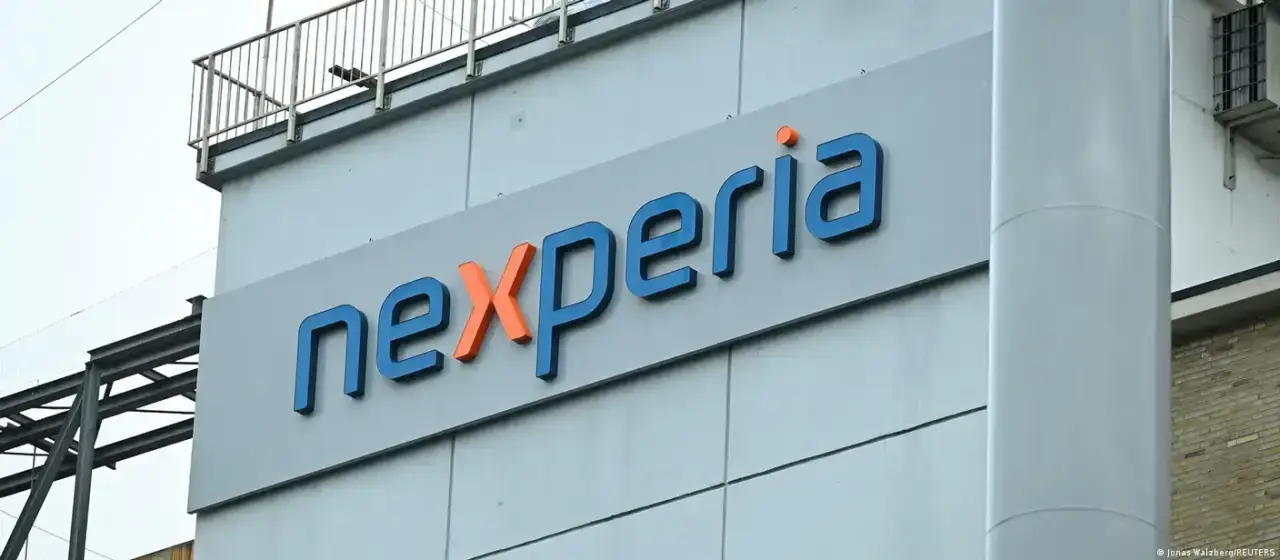
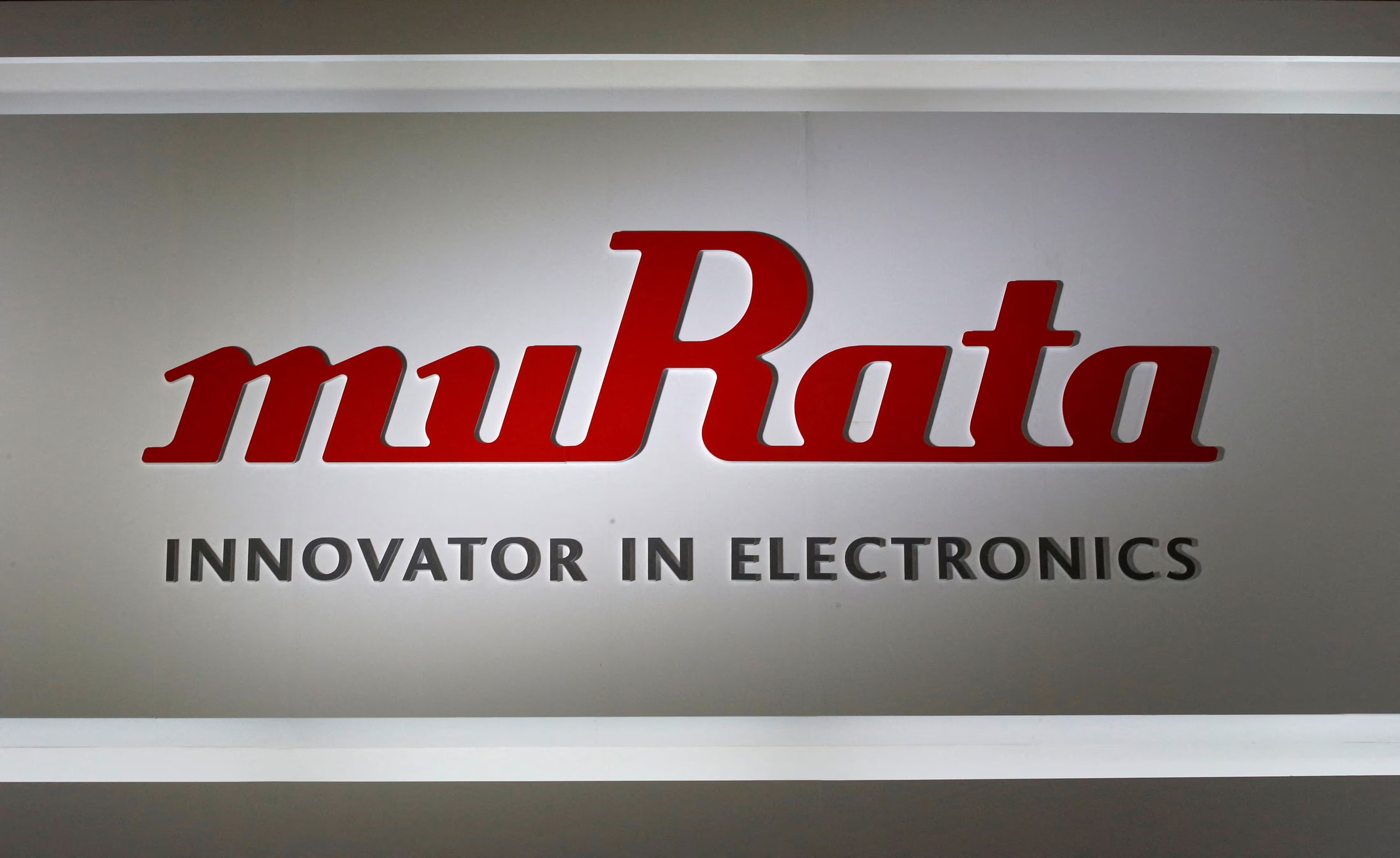
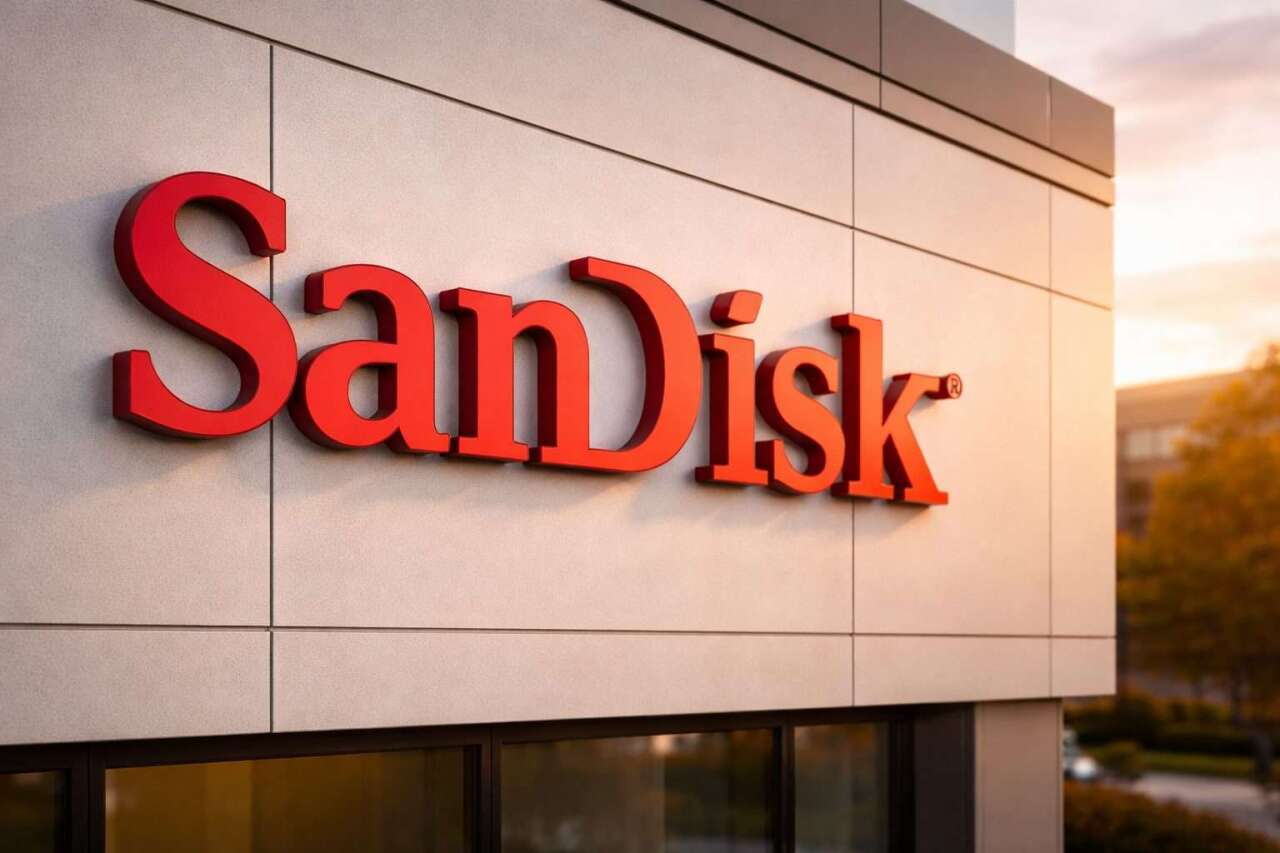

All Comments (0)